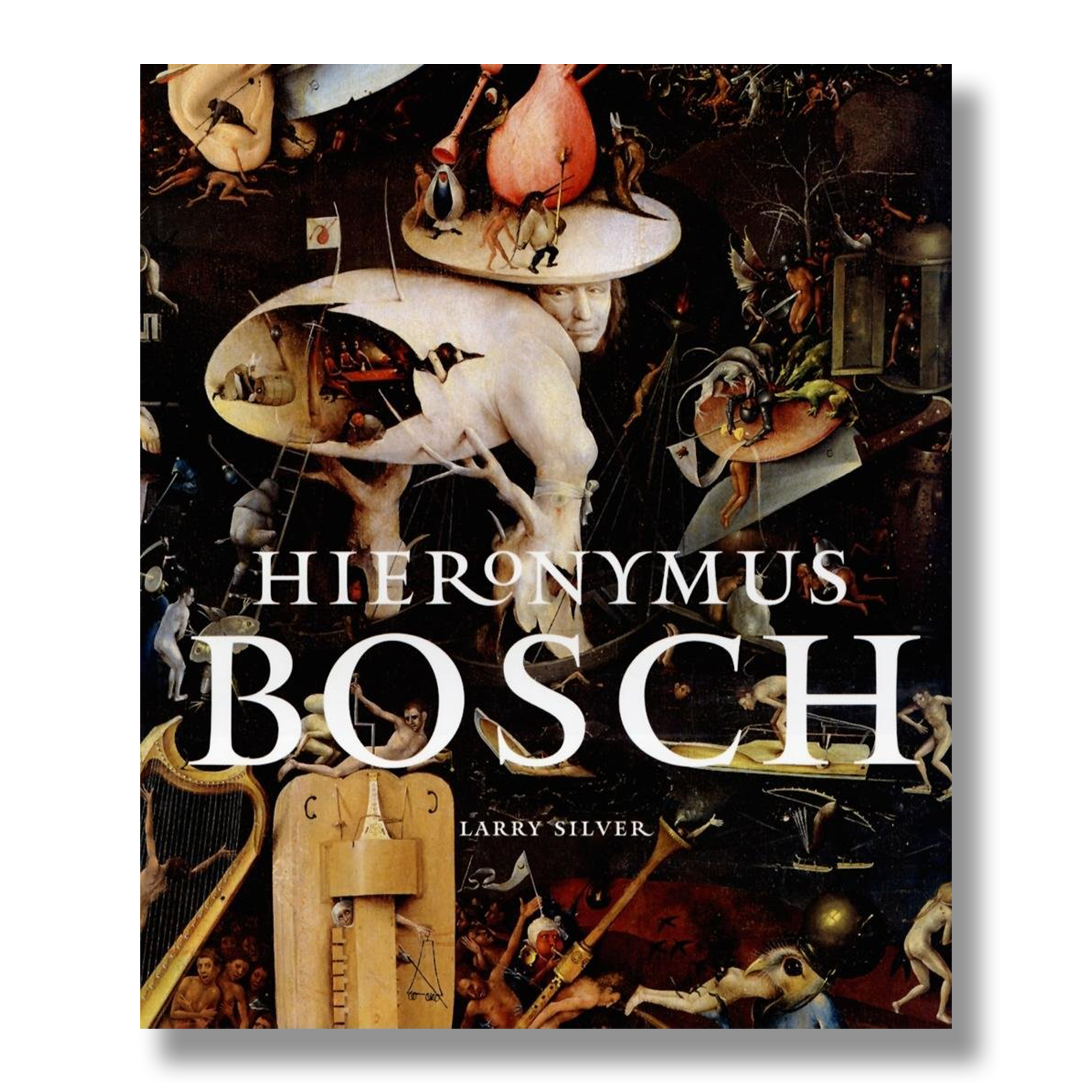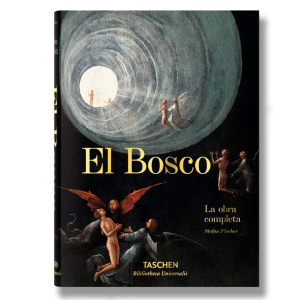Bosch by Larry Silver
[Amazon Affiliate Link]
Description
The phantasmagoric imagery of Hieronymus Bosch (d. 1516) has been the source of widespread interest ever since the painter’s lifetime, and is still so enigmatic that scholars have theorized that it contains hidden astrological, alchemical, or even heretical meanings. Yet none of these theories has ever seemed to provide an adequate understanding of Bosch’s work. Moreover, the considerable professional success that the artist enjoyed in his native Hertogenbosch, not to mention his membership in a traditional religious organization, suggests that he pursued not a sinister secret agenda but simply his personal artistic vision.
This intriguing new monograph by noted art historian Larry Silver interprets that artistic vision with admirable lucidity: it explains how Bosch’s understanding of human sin, morality, and punishment, which was conceived in an era of powerful apocalyptic expectation, shaped his dramatic visualizations of hell and of the temptations of even the most steadfast saints. Silver’s account of Bosch’s artistic development is one of the first to benefit from recent technical investigations of the paintings, as well as from the reexamination of the artist’s drawings in relation to his paintings.
Hieronymus Bosch is also unique in how securely it places its subject’s work in the broader history of painting in the Low Countries: Silver identifies sources of Bosch’s iconography in a wide range of fifteenth-century panel paintings, manuscript illuminations, and prints, and describes how, despite their own religiousness, Bosch’s pictures helped inspire the secular landscape and genre scenes of later Netherlandish painters. Augmented by 310 illustrations, most in color, including many dramatic close-ups of Bosch’s intricately imagined nightmare scenes, this is the definitive book on a perennially fascinating artist.
Only logged in customers who have purchased this product may leave a review.






Reviews
There are no reviews yet.